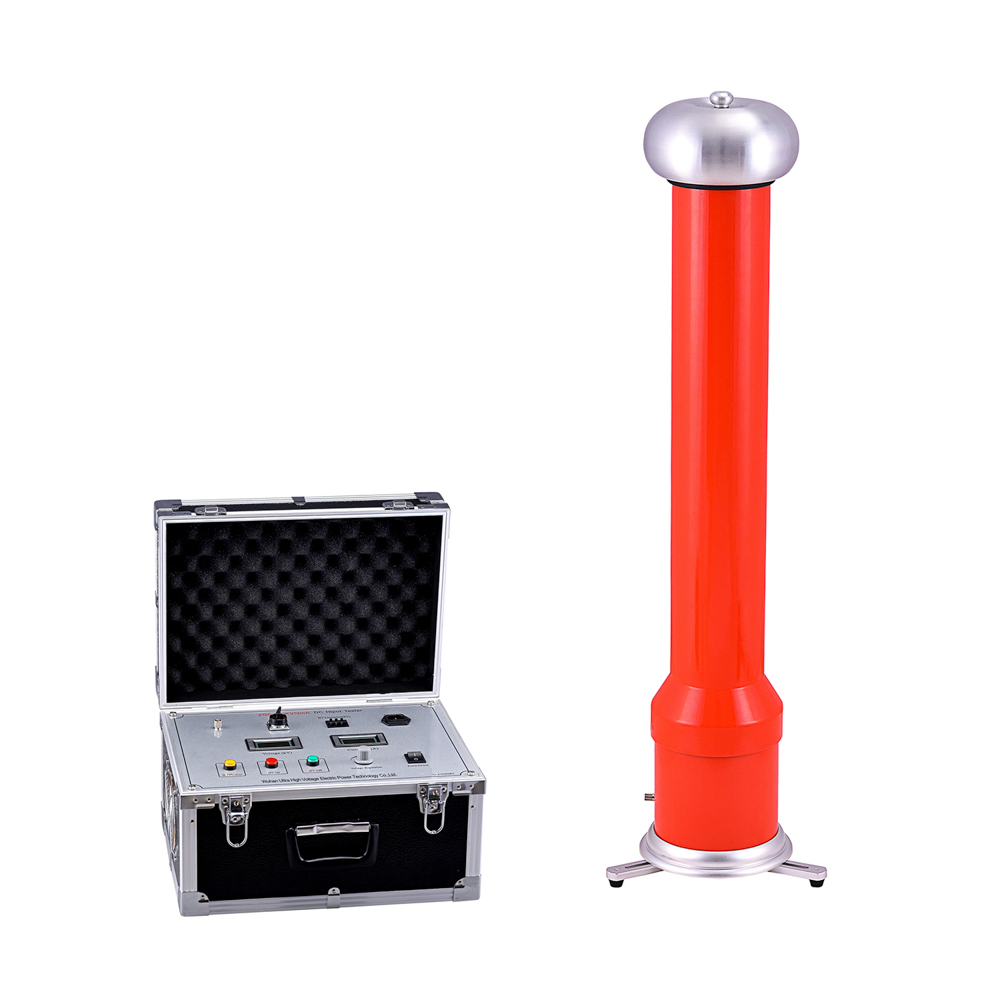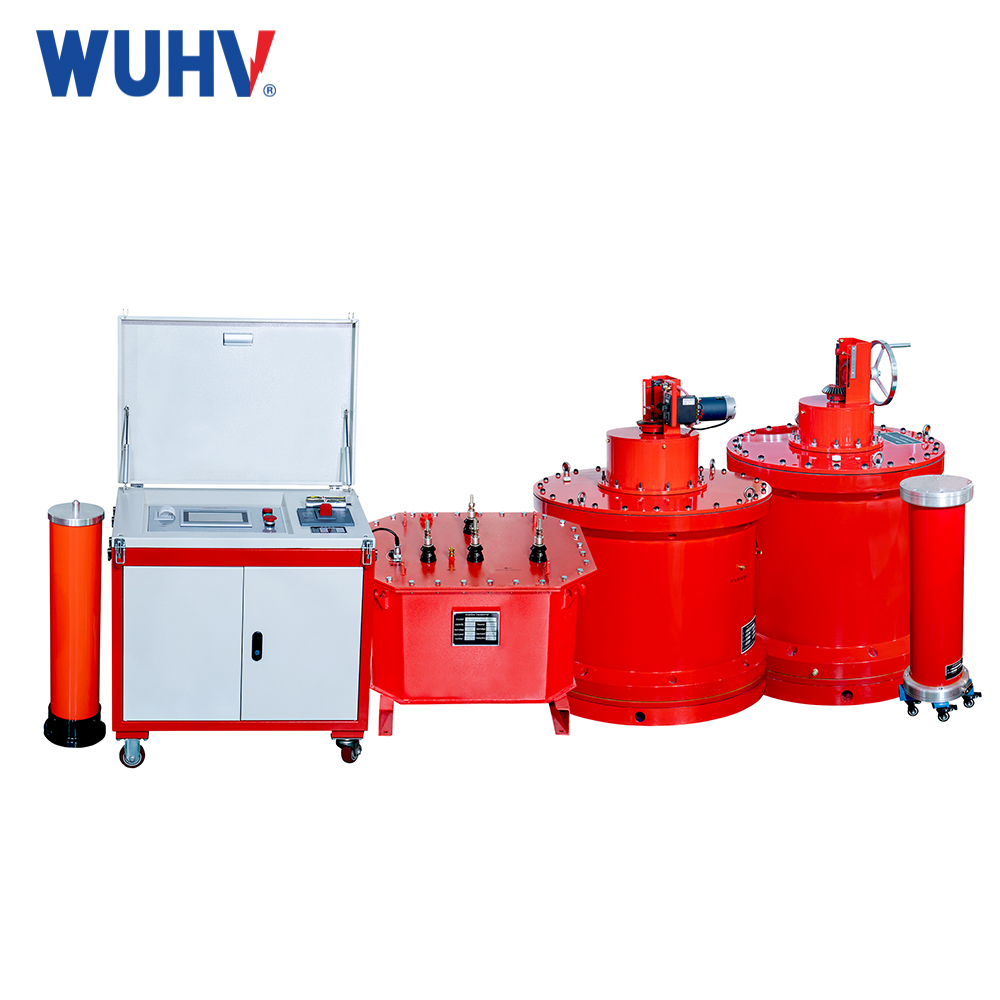The DC high-voltage generator under the UHV power company can help many power workers conduct various power tests more conveniently.

The DC high-voltage generator adopts an intelligent voltage doubling circuit, greatly reducing the volume and weight of the control box and pressure doubling cylinder, making it more convenient for on-site use. By using aiPWM technology, the inaccurate linearity of PWM technology has been adjusted, greatly improving the accuracy of the instrument. Using AI technology to set overvoltage protection and overcurrent protection, instead of digital dip switches, can only set voltage values and cannot set current values and voltage drift issues. According to electromagnetic compatibility theory, special shielding, isolation, and grounding measures are adopted to ensure that the DC high-voltage generator achieves high quality and can withstand rated voltage discharge without damaging the machine.
When the power switch of the DC high-voltage generator is turned on, the green power indicator light flashes and a buzzing sound is emitted simultaneously.
Fault analysis: 1. No grounding; 2. Unreliable grounding; 3. Powered by a generator or isolated transformer through a switchgear.
Solution: 1. Grounding: 2. Check if the grounding wire is reliable and re ground it; 3. If the power supply is isolated by a 1/1 transformer or a spontaneous power supply is used on site, the power supply must be manually grounded.
When the power switch of the DC high voltage generator is turned on, the green power indicator light is on, and the red high voltage indicator light is not on (high voltage cannot be closed).
Fault analysis: 1. The voltage regulator potentiometer is not in the zero position; 2. Set the overvoltage setting switch to zero; 3. The high voltage indicator button light may be damaged.
Solution: 1. Reset the voltage potentiometer to zero; 2. Turn the overvoltage setting switch to the voltage value required for this test; 3. Check the high voltage indicator light. If damaged, please replace it.
1. When discharging a large capacitor sample, it is necessary to wait for a period of time after the test is completed, disconnect the test power supply, and allow the charge on the sample to self discharge to the ground multiplier and the sample itself through the DC high-voltage generator voltage.
After the experiment, it is necessary to observe that the voltage on the voltmeter on the control box of the DC high-voltage generator gradually decreases. When the voltmeter drops to a lower voltage, usually around 5kV to 15kV, the discharge rod can be gradually moved towards the vicinity of the measured object. Firstly, discharge through gap air. At this moment, a hissing sound can be heard. When the voltage drops below 1kV, a discharge rod can be used to contact the measured object, and finally the sample can be directly grounded and discharged.
2. The accumulated charge of a large capacitance sample is proportional to the sample's capacitance, applied voltage, and time
3. High voltage cables have undergone several kilometers of testing, and the discharge time is usually very long, requiring multiple repeated discharges. The resistance capacity is large, and customized high-capacity discharge rods are needed.
4. It is strictly prohibited to discharge the test object directly with the discharge rod of the DC high-voltage generator without turning off the test power supply.



















